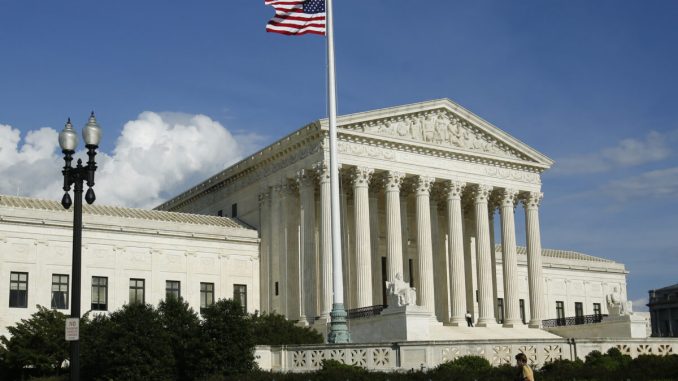
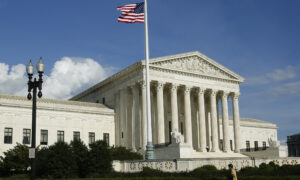
The Supreme Court seemed sympathetic to arguments by two conservative charities this morning that a California law requiring charities to hand over the names of their donors violates the First Amendment.
The case, Americans for Prosperity Foundation v. Bonta, court file 19-251, and a companion case, Thomas More Law Center v. Bonta, court file 19-255, were consolidated and heard together April 26. Rob Bonta, a Democrat, was sworn in April 23 as California’s attorney general.
The court allotted 70 minutes for oral argument; the hearing actually ran 104 minutes.
The petitioner groups were represented by Derek L. Shaffer. The respondent, California, was represented by California Deputy Solicitor General Aimee A. Feinberg.
The former Trump administration had argued the state’s policy clearly violates the two tax-exempt groups’ constitutionally protected freedom of association.
However, the Biden administration, represented at the hearing by Acting Solicitor General Elizabeth Prelogar, advanced no such argument, saying merely that the appeals court’s “analysis was incomplete” in the ruling under appeal, which found against the charities. Therefore it should be returned to the court so it can clarify its reasoning, Prelogar said.
Americans for Prosperity Foundation (AFPF) and its sister organization, Americans for Prosperity, are influential libertarian nonprofits funded by businessman Charles Koch. The Thomas More Law Center is a conservative Christian public interest law firm based in Ann Arbor, Michigan, and is not to be confused with the Thomas More Society, a Chicago-based public interest law firm.
California regulations require charities to file a copy of their IRS Form 990, an informational return for tax-exempt organizations, annually with the state. Schedule B to the form contains the names and addresses of the top donors. While the form is made available to the public, Schedule B donor information must be kept confidential, under pain of federal civil and criminal penalties.
When a Schedule B is released to the public, identifying information about the donor is redacted.
Since about 2005, California has demanded that charities file with the state unredacted Schedule B documents, giving state officials the names of donors. The state’s policy is to keep the information confidential, but there are no legal penalties for breaching confidentiality.
The charities concerned refuse to file their unredacted Schedule B documents with the liberal, Democratic Party-dominated California government because they don’t trust its officials to keep the information secret. They say that their donors have in the past been harassed and been the victims of reprisals when their names became public.
A U.S. district court agreed with the charities and preliminarily enjoined California from requiring petitioners to submit their Schedule B forms. The U.S. Court of Appeals for the 9th Circuit disagreed and reversed.
Shaffer told the Supreme Court during oral arguments that in 2013 when California leaked the Schedule B of Asian Americans For Advancing Justice, there were not life-threatening consequences for donors, “but today, in 2021, sad to say, it could be a life-or-death issue that their identities have been disclosed.”
Shaffer said there is expert testimony in the record “explaining that precisely because there is such intensity of views and there’s such a proclivity to vilify perceived enemies in our times, that’s part of what … raises the stakes … and raises the concerns of reasonable donors for charities all across the spectrum.”
Feinberg told the justices that the petitioners failed to demonstrate that California’s Schedule B requirement is unconstitutional.
“They did not show that California’s confidential collection of the same information that charities already provide to the IRS chills associational interests in general or for a substantial number of charities in the state.”
Chief Justice John Roberts challenged Feinberg.
“Assume you have a charity that supports a cause that is controversial and a number of organizations, people have said they will make life miserable for anybody who supports that charity. They’ll picket outside their house, they’ll boycott anybody doing business with them. If that person came to you and said, ‘I want to give a donation but I want to be sure that California will not disclose this and it will not get out, can you give me 100 percent assurance that that will not happen?’ What would you tell that person?”
“I don’t think any organization can guarantee perfection,” Feinberg said, adding that the state has improved its confidentiality protocols since past lapses.
Justice Clarence Thomas told Feinberg that governments have in the past abused data, saying that when Japanese-Americans were interned during World War II, “census data was used to locate them.”
Justice Stephen Breyer said he was concerned the current case was just a “stalking horse” to help take down campaign finance laws.
This is a developing story. It will be updated.


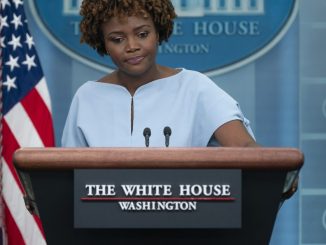
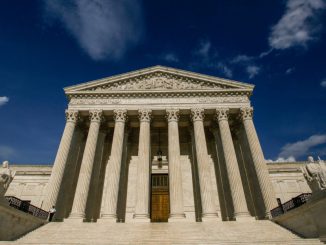
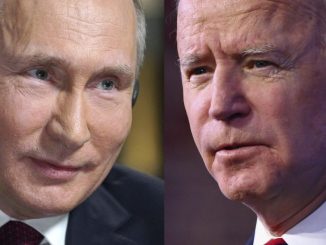
Be the first to comment